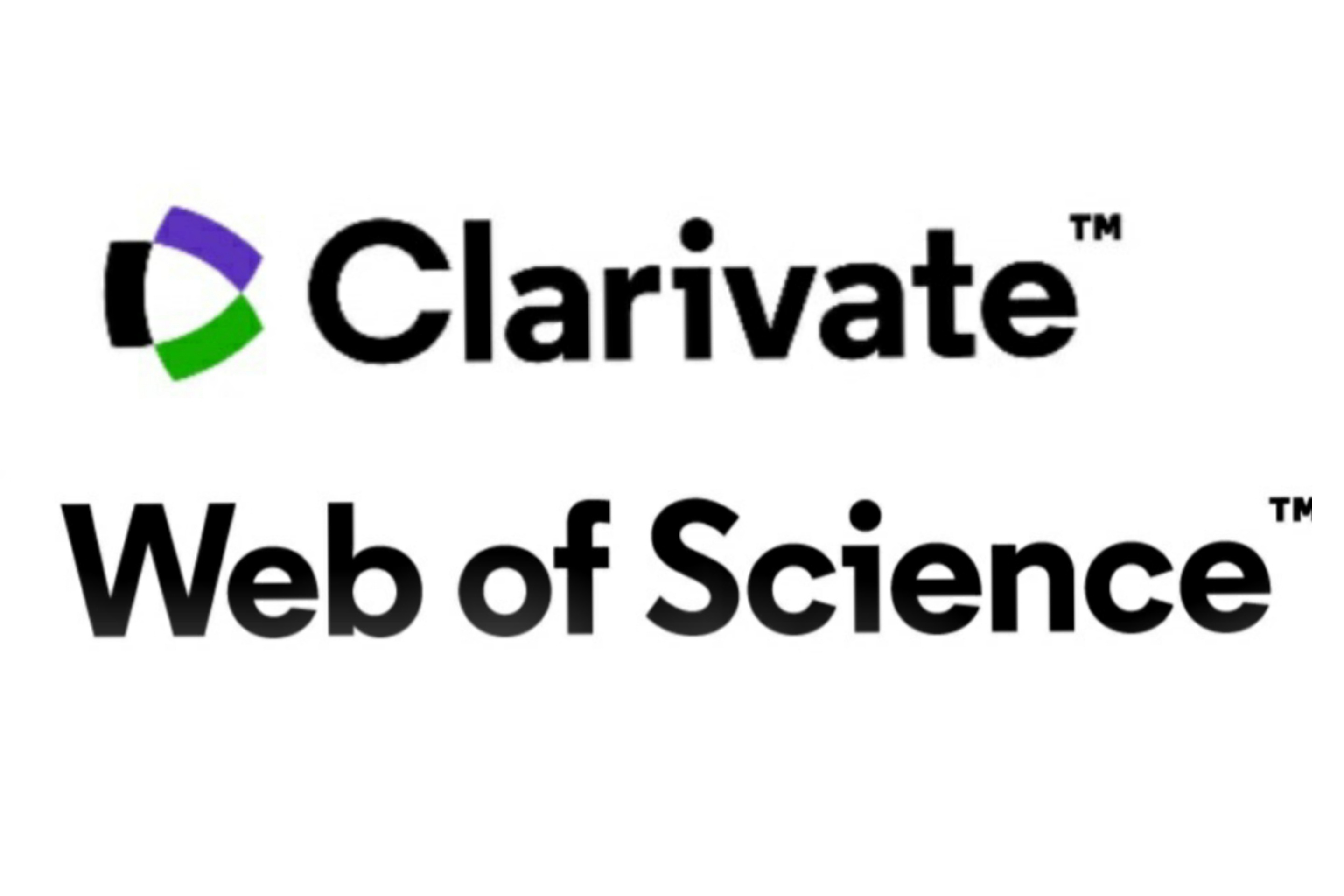Research of composite catalysts for the process of thermocatalytic hydrogenation processing of plastic waste
DOI:
https://doi.org/10.26577/ijbch.2020.v13.i1.19Abstract
Conversion plastic waste in dump is becoming unnecessary due to lawful pressures, rising costs, and poor biodegradability of commonly used polymers. In addition, the incineration meet with strong public opposition. Thus, the recycling of mechanical or chemical waste seems to be the only way to handle plastic waste in the direction of sustainable development. Polyolefins, mainly polyethylene (LDPE or HDPE) and polypropylene (PP) are the main type of thermoplastics used worldwide in a wide variety of applications. In the process of thermocatalytic hydrogenation during processing of polymer waste, hydrocarbon fractions similar to motor fuels will be obtained. In general, this will allow us to process secondary raw materials, add additional fuel materials to the market and have a positive impact on the environment. Studies of new catalysts based on natural zeolite from the Taizhuzgen deposit modified with tungsten and Molybdenum salt were carried out in order to jointly study the processes of thermocatalytic hydrogenation of plastic waste and optimize the process. The purpose of the study is to study the texture characteristics and composition of catalysts based on natural zeolite, which contain active metals for the process of thermocatalytic hydrogenation using physical and chemical methods.
Downloads
How to Cite
Issue
Section
License
ааа
















